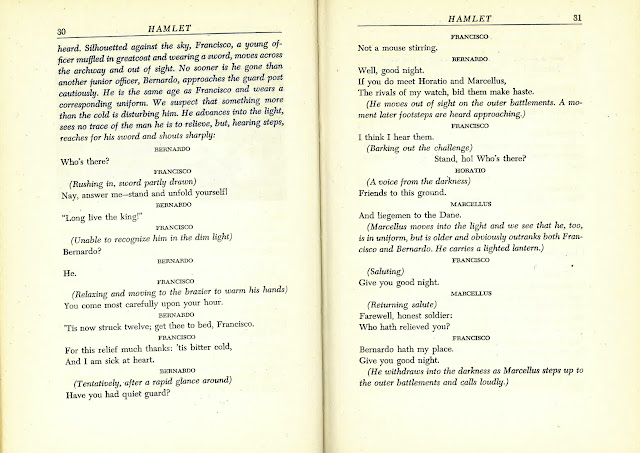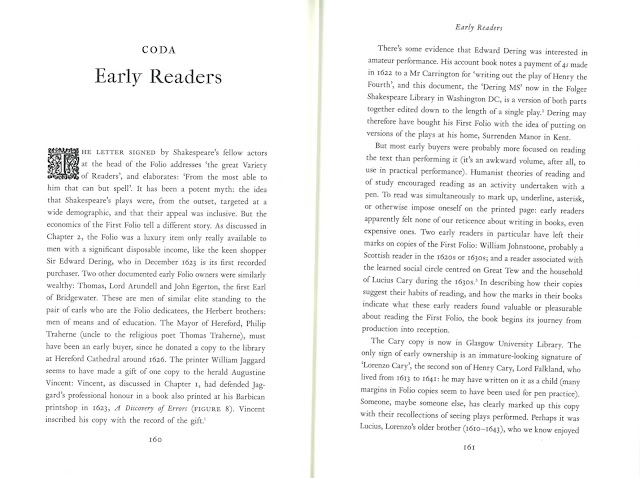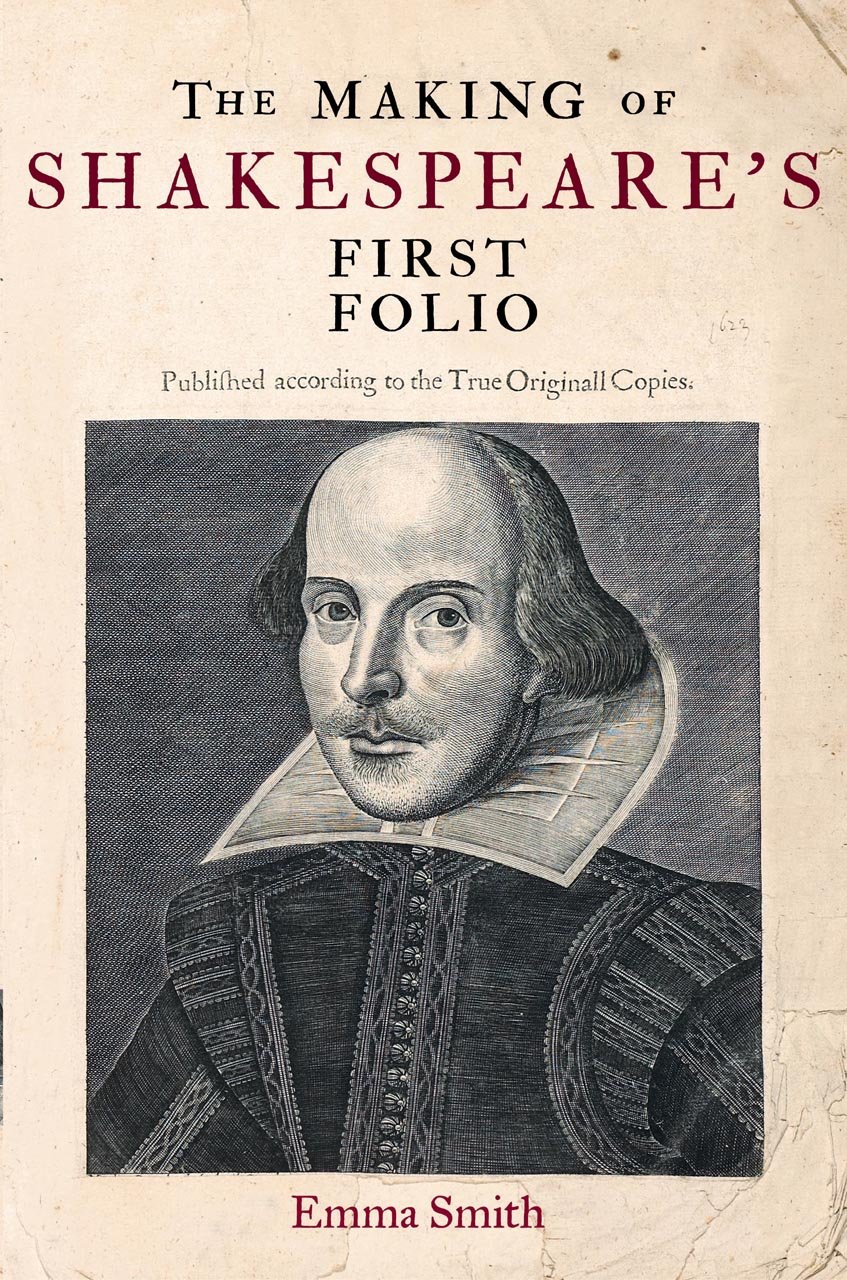Disappointed with the 2018 film entitled Ophelia (for which, q.v.), I decided to search back in time (and on my shelves) to see if the 1962 French film Ophélia might have more to offer.
It does, but it does not center its story on Ophelia's narrative.
Let me walk you through the experience of the film in case you're not able to track it down and watch it for yourself.
We start with an establishing shot of a funeral. The coffin is outside, and everyone is gathered around it. Then, after a brief shot of the corpse, we get a POV shot from inside the coffin of all the mourners. The lid blocks that shot; then we cut to the coffin being taken into a chapel of some sort. After everyone enters, the camera is left outside, and the doors close, providing a blackout.
Roll opening credits.
After about ninety seconds, we fade back on the doors, which open. Dozens of very clearly very happy people then walk toward and past the camera. The last to exit the chapel is a solitary figure—one of the distressed mourners we saw from the perspective of the camera in the opening sequence.
In this brilliant way, we experience just how short a time it is (or seems—nay, I know not "seems") for Hamlet between the funeral and the marriage.
We then get a brief scene that I'll provide. It's worthy of something done by Henri, the Exitential Cat (for example, this one—Henri 4: L'Haunting). But I digress. Here's the clip from Ophélia I have in mind:
As we continue our stroll through this film, we learn that our protagonist's name is Yvan Lesurf and that his uncle, Adrien, has married his mother, Claudia. "A-ha!" we think. "We anticipate an interesting role-reversal trick."
After we see several instances of Yvan behaving erratically, we meet Lucie, his girlfriend. We also learn that his uncle—whom he sometimes calls "father," just as he sometimes calls his mother "aunt"—is worried for his life because of a threatening strike at the factory he now owns.
On another day, Yvan wanders into town and sees the townsfolk excited about the new film that is now showing at the local theatre: Laurence Olivier's Hamlet!
Up to this point, we've been tracking the plot of Hamlet, and we've been assuming that we're watching a straight derivative version of the play. But we haven't been! The plot has just been coincidental. And, just as we realize that, Yvan realizes it. And he figures that what worked for Hamlet will work for him. Here's how he thinks it through and presents it to his friend François:
Thus, we find ourselves in something more like the "mirror movie" category of derivative—as propounded by Kenneth Rothwell (for which, q.v.).
At this point, Yvan starts calling Lucie "Ophelia," despite her insistence that she's Lucie. She thinks he's going crazy, thinking of her as Ophelia and himself as Hamlet—and everyone else in analogous positions.
Not much later, we are presented with a very amusing movie-within-a-play-within-a-movie (of sorts) and . . . well, you'll have to track down the rest on your own! But I will say that it's both interesting and probably not exactly what you're thinking.
Well, make that definitely not exactly what you're thinking. And, okay, I'll give you the play-within-the-play scene to make up for that cliffhanger:
Links: The Film at IMDB. Note: IMDB gives the year as 1963, but both formats I have list 1962 as the year.
Click below to purchase the film, in one format or another, from amazon.com
(and to support Bardfilm as you do so).
(and to support Bardfilm as you do so).
(Blu-ray)
Note: In this case (and currently), the Blu-ray is much less expensive than the DVD. It also has subtitles in English as well as French, which might be important to some viewers.
Bonus Image! Yvan checks out what's playing at the local cineplex:
Bonus Video! But it's really just the first part of the first video above:




































